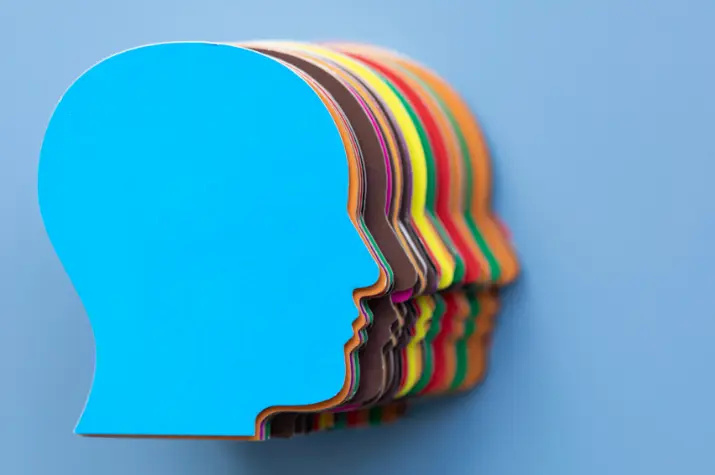
Mental health struggles are often portrayed as individual battles. But what if your social identities – your race, gender, sexual orientation, and more – can also play a significant role? This is where the concept of intersectionality comes in.
Intersectionality explores how these identities overlap and interact, creating unique experiences and challenges, including those related to mental health.
Understanding the Interconnected Layers of Identity
Imagine social identities like race, ethnicity, gender, sexual orientation, and socioeconomic status as intersecting circles. Where these circles overlap, a unique set of experiences and challenges emerge.
For instance, a Latina immigrant woman might face discrimination based on both her race and gender. These experiences can take a toll on mental well-being.
Mental Health Disparities and the Impact of Marginalization
Research paints a concerning picture. Black, Indigenous, and People of Color (BIPOC) communities often face higher rates of mental health conditions like depression and anxiety.
This can be linked to factors like racial discrimination, economic hardship, and limited access to culturally competent mental healthcare. Similarly, LGBTQ+ individuals experience higher rates of mental health struggles due to social stigma, discrimination, and minority stress.
Understanding intersectionality is not about assigning blame. It’s about acknowledging the complexities that shape mental health experiences. This awareness is crucial for creating a more equitable mental health system.
By recognizing the challenges faced by marginalized groups, we can advocate for:
- Increased access to culturally competent mental healthcare providers who understand the unique needs of diverse populations.
- Dismantling stigmas surrounding mental health within different communities.
- Policies that address the root causes of mental health disparities, such as discrimination and economic inequality.
Taking Action
Understanding intersectionality empowers us to fight for mental health equity. Deepen your knowledge with resources from NAMI or the Trevor Project. Become an active ally by listening to marginalized voices and offering support.
Challenge stigmas and promote open conversations. Support existing advocacy efforts and urge policy changes that address social determinants of mental health. Amplify positive stories and resources on social media. Every action, big or small, contributes to a more equitable mental health landscape where everyone can thrive.
Remember, this article provides a starting point for exploration. If you are struggling with your mental health, please reach out to a qualified mental health professional who can offer personalized support and guidance such as depression therapy in Chicago or local support groups.
To learn more, check out the infographic below.

![[infographic] Obesity & Mental Health: Is There A Connection? Infographic](https://www.safeandhealthylife.com/wp-content/uploads/2017/03/Infographic.png)

